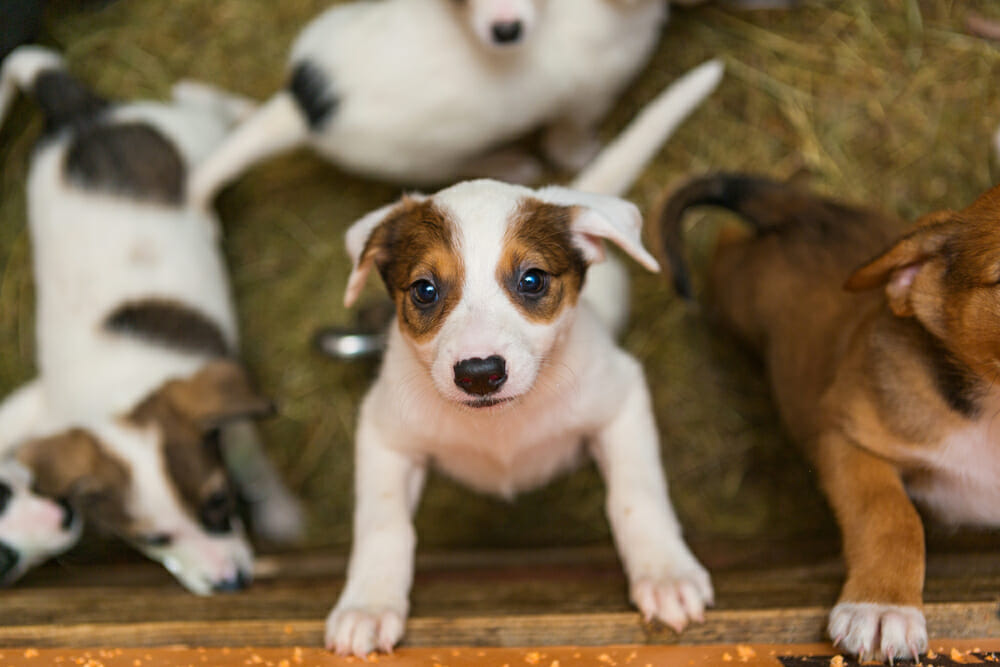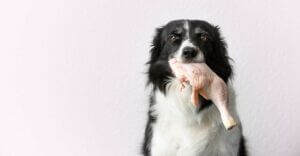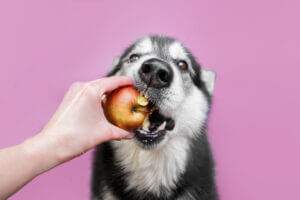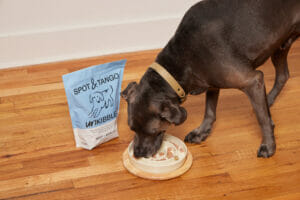Ready to adopt or bring your little one home from the breeder? Congrats! Before bringing home your new puppy, check out the top things you should know and do.
Before You Bring Home Your Puppy
Bringing home a new puppy is SUPER exciting! But it can also be a little scary. How do you know what to do, and what not to do?
Thankfully, it’s not rocket science. If you use these simple tips, stay consistent, and stay patient (emphasis on this one), your puppy training will be a success.
Puppy Training Guidelines & Checklist
Here are some of the most important things to know and do when you adopt a new puppy. Just remember these words of wisdom, and you’ll be on the path to success!
1. Wait until your puppy is old enough to be adopted
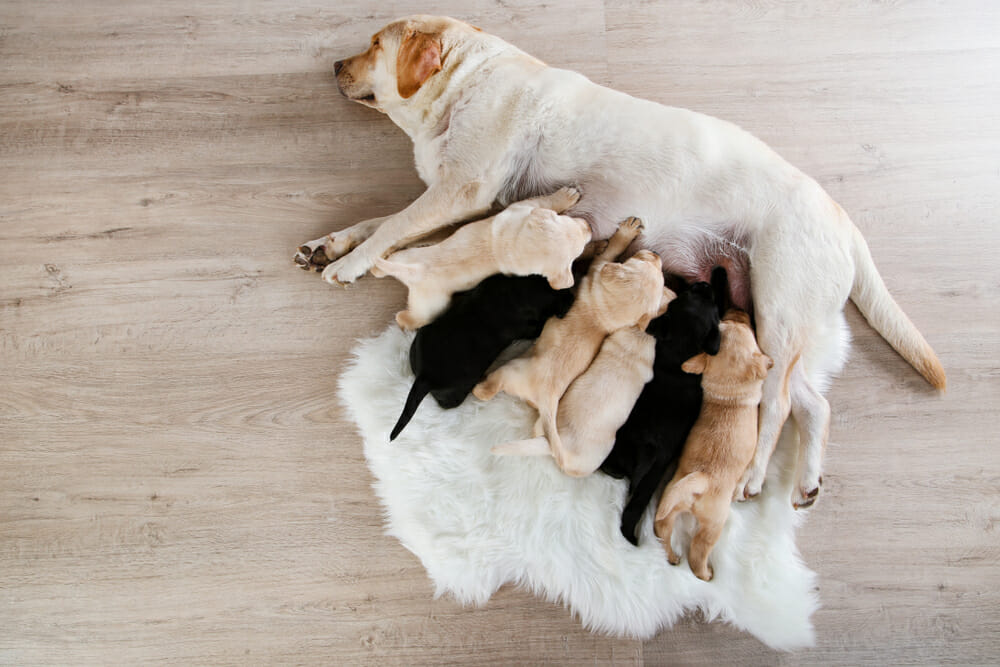
Puppies need their mothers’ nurturing just like babies do. They learn valuable socialization skills from their siblings, and they get some much-needed nutrition from their mother’s milk. Make sure you wait at least 8-12 weeks before bringing a puppy home.
2. Puppy-proof your home
Puppies are like babies and small children—they’ll try all sorts of things because they don’t know any better. And it’s up to you to keep them safe. If there are things you don’t want to be chewed up, put them up high, or close the doors to those rooms. Fence in your backyard if you can, use outlet covers, and lock up anything that could be poisonous. If your pup does get into anything potentially harmful or poisonous, immediately contact the ASPCA Poison Control Control.
3. Basic training early on
When your dog is 8-12 weeks old, they are more than capable of learning the basics of puppy training. Not just potty training, but also things like sit, stay, and lay down. Remember, consistency is key when it comes to training.
4. Let your puppy get enough sleep

Puppies, like babies, grow rapidly when they are young. They need extra sleep to stay healthy and to keep up with those growth spurts. You can even build a set nap time into your puppy’s routine.
5. Crate training
Don’t miss out on this opportunity. Dogs love having their own safe space where they can snuggle. So don’t think of a crate as a punishment or confinement of some kind. Crates become their own space where they can eat and sleep in peace. Once they get used to it, they’ll enjoy their crate for nighttime sleeping, naps, and even toy storage.
6. Avoid unsupervised wandering
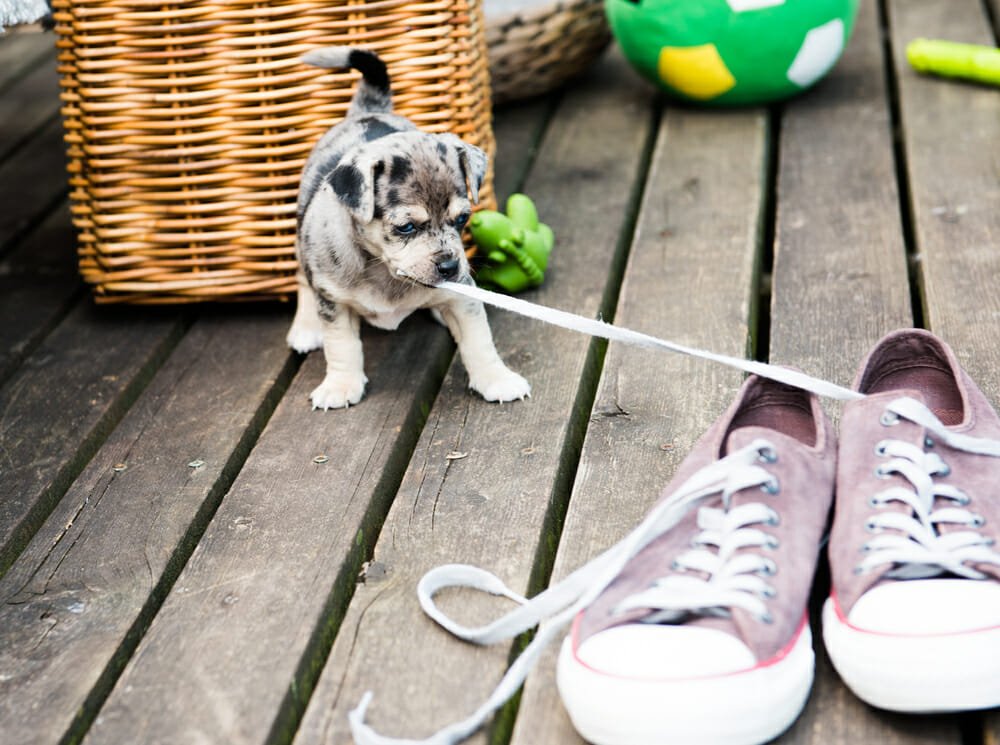
Puppies love to explore and get into trouble. They are still potty training, and they’re going through their chewing phase. So letting your puppy wander the house unsupervised could lead to some bad outcomes. And some ruined sneakers.
7. Avoid food grazing
Set consistent meal times early on for them rather than letting them pick at their food throughout the day. Setting food out all day and letting them eat however much they want, whenever they want, can lead to picky eating habits and an inconsistent routine, and could even cause obesity over time.
8. Keep the “people food” for the people in the house
We all love to spoil our pups, but giving your dog “people food” is not the healthiest way to show your love. Plus, some “people foods” are not safe for dogs to eat. And giving them scraps from the table will just train them to beg for your food anytime you’re eating.
10. Create a routine
Dogs love and crave routines! It helps them understand your expectations for them, and maintain their own expectations of the schedule. Routines help set them up for success.
11. Socializing early on
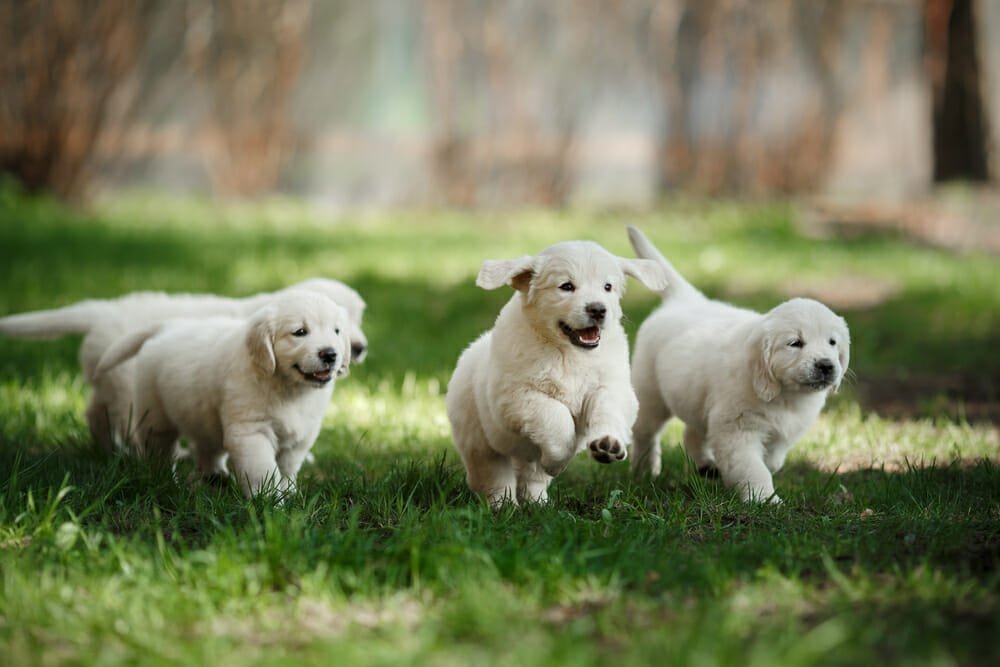
All dogs can be socialized, and should be! They can play with other dogs, children, adults, and even cats. The sooner and more frequently you do this, the better your dog will behave around other people and animals.
12. Stay calm during departures & arrivals
Although you miss your puppy when you’re gone, and they miss you too, you need to remain calm. If you make a big deal out of leaving and returning, it will actually teach your dog to do the same, which can lead to separation anxiety. Just ask dog trainer Patrick Meier, who has some thoughts on this exact topic.
13. Positive reinforcement instead of spanking
Scolding your dog by hitting or spanking them will cause them to fear and distrust you. In fact, getting angry with your dog a few hours after they’ve had an accident or chewed something up, they will just feel scared and confused because you’re mad. They’ll associate your scolding with something in the room rather than with the behavior.
Instead, try using your words to direct them toward the command they should be doing. And then reward them with positive reinforcements like praise and treats. For more tips, check out certified dog trainer Erika Gonzalez’s guide on how to properly potty train your pup.
Puppy Training Success
Although puppy training can tire you out just as much as it does them, it’s well worth it! And if you focus on these important tips, you and your dog will both be happier and more successful in the end. Have any puppy training hacks we should know about? Send them our way to whatthepup@spotandtango.com!
Looking for other pet parenting articles? We’ve got you covered!


